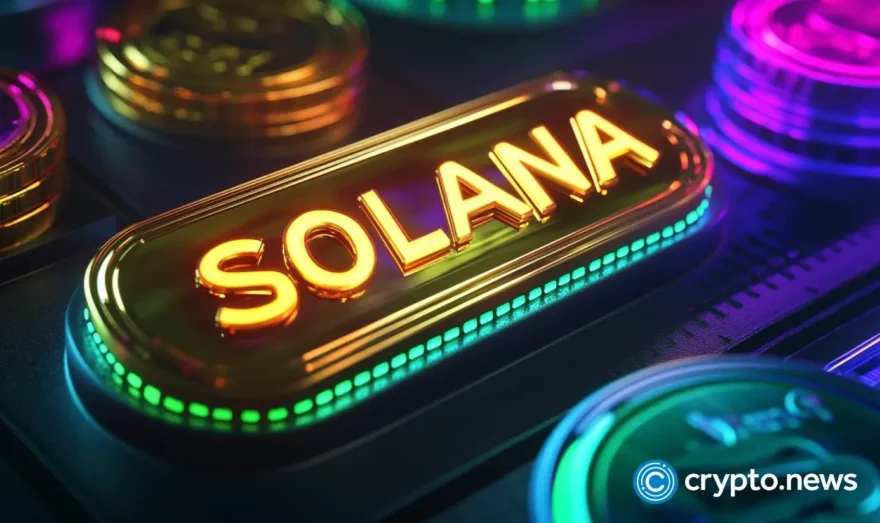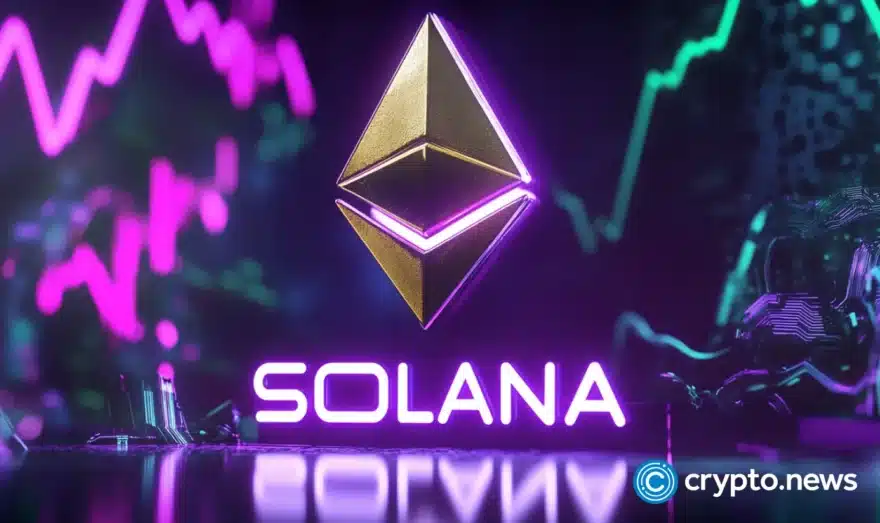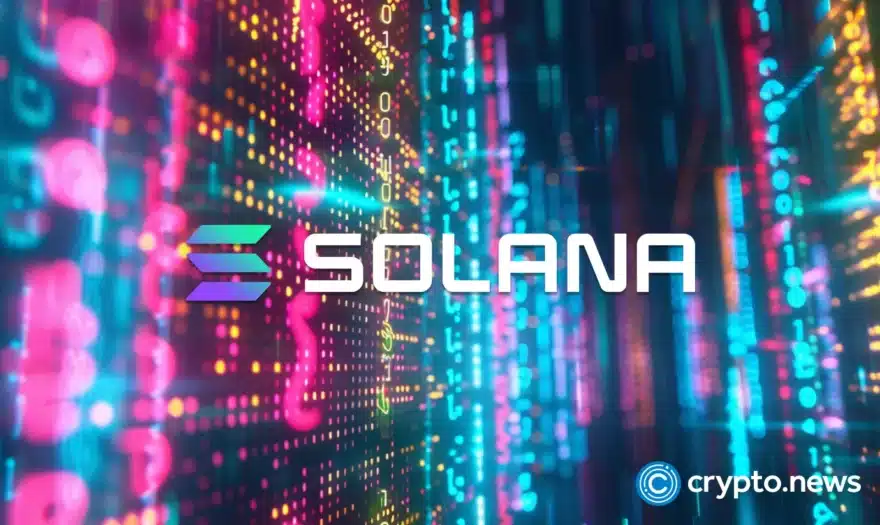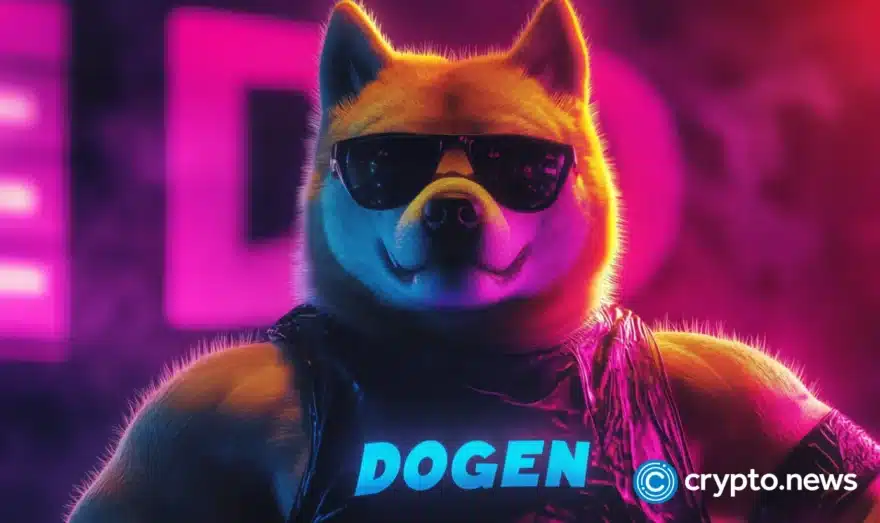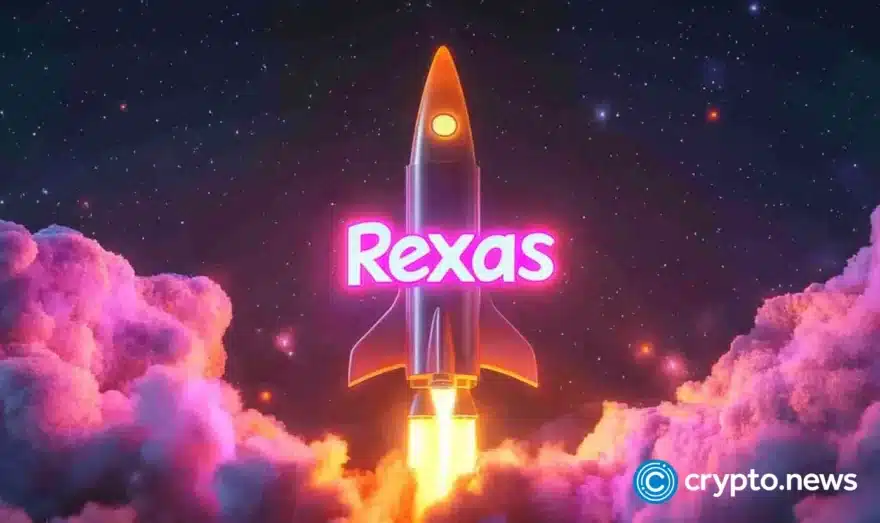EU urged to promote open-source AI in upcoming regulations, InQubeta presale gaining momentum

The ongoing InQubeta presale has raised over $1.9 million. The presale format increases QUBE prices at each stage, and early investors stand to benefit at the end of the presale. QUBE is the native token of InQubeta.
Meanwhile, European tech company executives are urging the European Union (EU) to reconsider some of the regulations it plans to impose on artificial intelligence (AI) and its developers as they might prevent the region from being competitive.
The EU started working on rules to govern AI in 2021 and is now poised to be the first region to regulate general-purpose AI like ChatGPT.
The InQubeta project is closely linked to the development of artificial intelligence as it directs capital to startups that need money while opening up investment opportunities to anyone with a cryptocurrency wallet.
News of the EU plans to tighten regulations on AI haven’t hurt the momentum of the InQubeta presale, as major players in the sphere are releasing options.
For instance, Google launched its Bard chatbot to compete with ChatGPT and has already agreed that AI is too important not to regulate.
InQubeta poised for growth
The AI industry has come a long way in recent years as the technology’s viability increases and AI-powered systems play a more significant role in many industries.
Most people are already connected in some way. The tech has been integrated in voice recognition tools on many smartphones to search engines like Google using AI to increase the accuracy of search results.
AI is no longer just some fancy concept that many people once deemed scientifically impossible. It’s here to stay, and it’s only going to improve in the next few decades. Many industries will be transformed as automation becomes the standard way to get tasks done.
The AI revolution is poised to cause more changes than any other technology has in the last 50 years. Those who invest in companies that become major players put themselves in a position to enjoy exponential returns on their investment.
Unfortunately, a large fraction of the global population hasn’t had access to investment avenues preventing them from capitalizing on opportunities created by previous tech revolutions due to many investment firms’ unreasonable requirements.
InQubeta aims to address this problem by making investment opportunities in artificial intelligence more accessible by replacing stocks with non-fungible tokens (NFTs).
An alternative to mainstream investment options
To take advantage of investment opportunities in InQubeta, investors do not need to go through any complicated processes or provide proof of their yearly income.
Startups can raise funds on the blockchain after being evaluated by the operations team to ensure they meet specific standards.
These NFTs are then listed on the marketplace, where investors can purchase them using QUBE.
EU urged to promote open-source AI in new regulations.
Over 150 tech executives signed an open letter asking the EU to rethink its comprehensive rules for AI, stating strict rules will make it more difficult for them to compete.
Officials from companies like Renault, Airbus, and even the beer maker Heineken signed the open letter. In their view, upcoming legislation might hinder the development of generative AI that popular chatbots like ChatGPT run on.
The letter also warned that strict regulation could lead to some European companies moving their operations overseas.
Summary
EU’s plans to establish regulation on companies that advance AI is not slowing down the InQubeta presale.
The rise of AI sets can propel InQubeta to new heights as more funds are powered into AI. For this reason, some investors argue that QUBE is one of the top altcoins to consider in 2023.
Disclosure: This content is provided by a third party. crypto.news does not endorse any product mentioned on this page. Users must do their own research before taking any actions related to the company.


